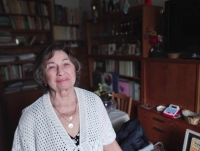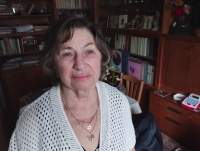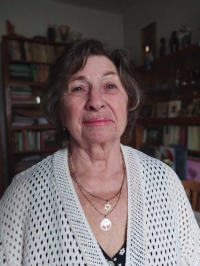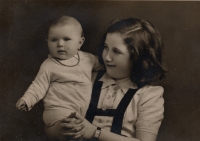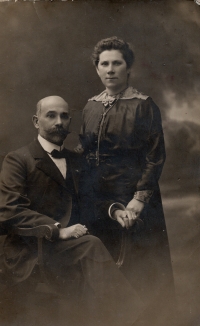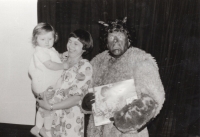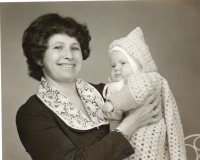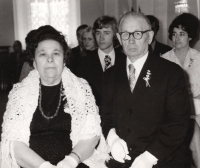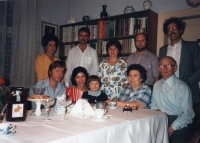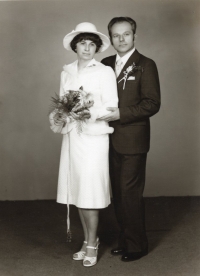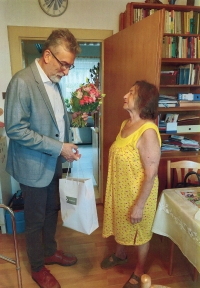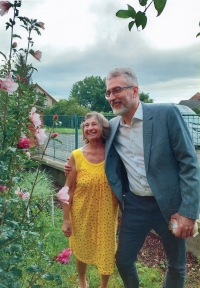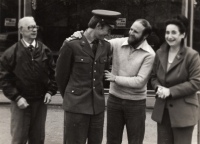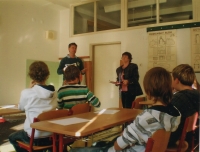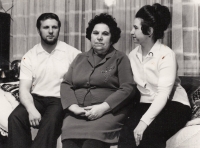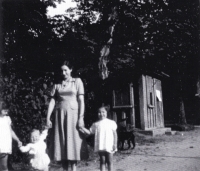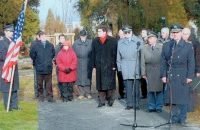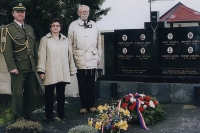As Jewish children, my sister and I survived part of the war in hiding.
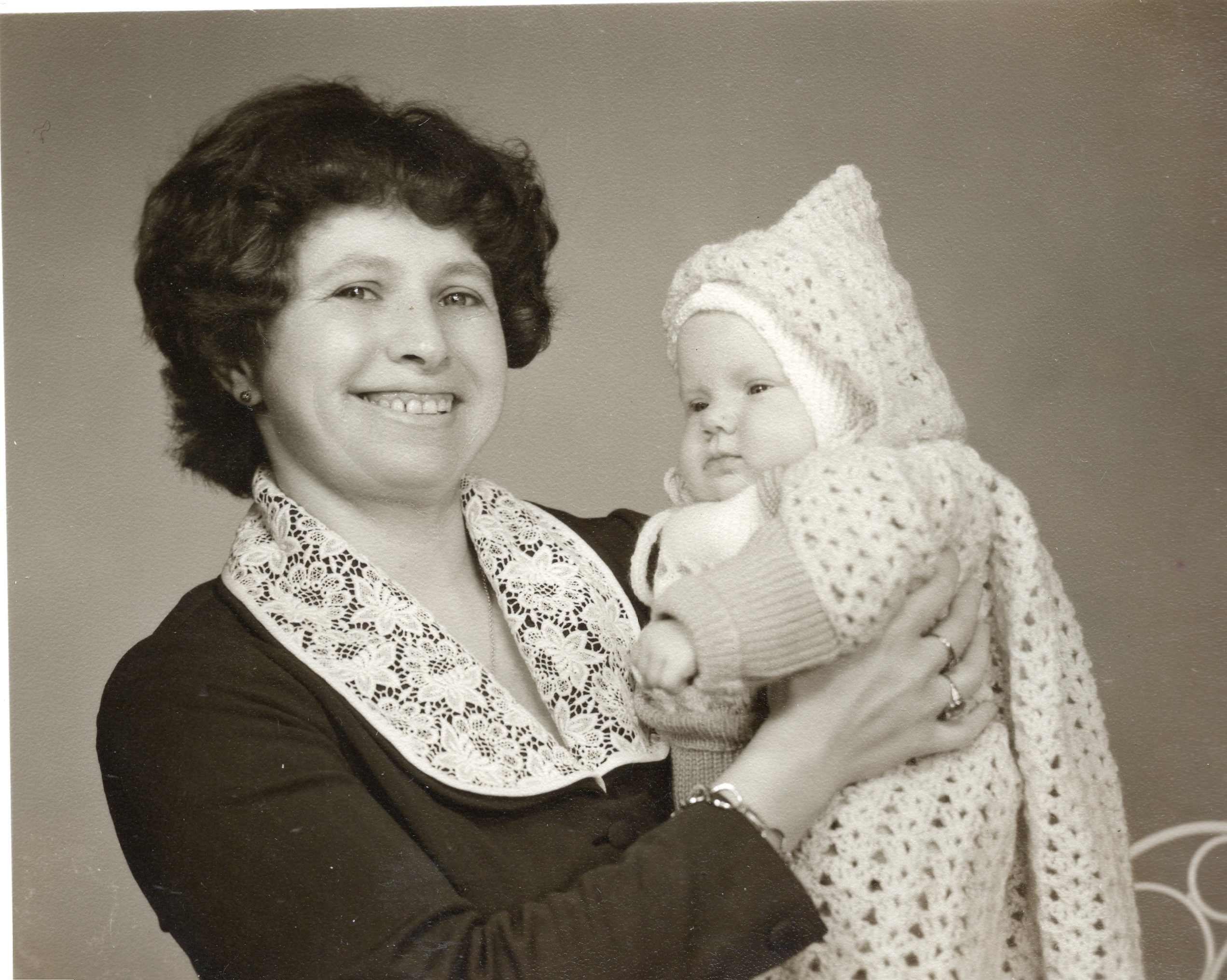
Download image
Miluška Ottová, née. Nováková, was born on August 19, 1943 in Moravská Ostrava to a mixed marriage of Evžen Novák and Amálie, née. Mandelová, as the second of four surviving children. Her mother was Jewish. In 1943, her father hid Miluska and her ten-year-old sister Ruth from the transport at a farm in Trojanovice, where they spent less than two years without their parents. Ruth worked there, Miluska was hidden in the hay. Her mother hid in the Ostrava hospital in Fifejdy with the help of a Czech doctor. The family was reunited after the liberation of Ostrava on April 30, 1945. Her mother’s sisters and their families perished in the concentration camps, and only her cousin Robert Kauder returned. In 1945, as part of the resettlement of the borderlands, the family moved to Frývaldov (from 1947 Jeseník). In 1951, they acquired a house there. After 1948 only the eldest sister Ruth could study. Miluška Ottová trained as a gardener in 1960, and in 1963 she graduated from a two-year extension course in Zábřeh. In 1964 she married Karel Unger, the marriage did not last. Younger sister Helena went to America in 1965 to visit her uncle, she decided to stay. In 1977, Miluška Ottová married a colleague from the Kniha company, Břetislav Otta. During her employment, she graduated from a distance learning bookselling school in Luhačovice. After the wedding, she and her husband lived in Olomouc. They raised a daughter Eliška (1978). Miluška Ottová has been a member and secretary of the Czech Union of Freedom Fighters since 2001 and a contact person of the association Živá paměť since 2003. She lectures about her life story and the Holocaust at schools. In 2024, at the time of filming, she lived in Olomouc.
